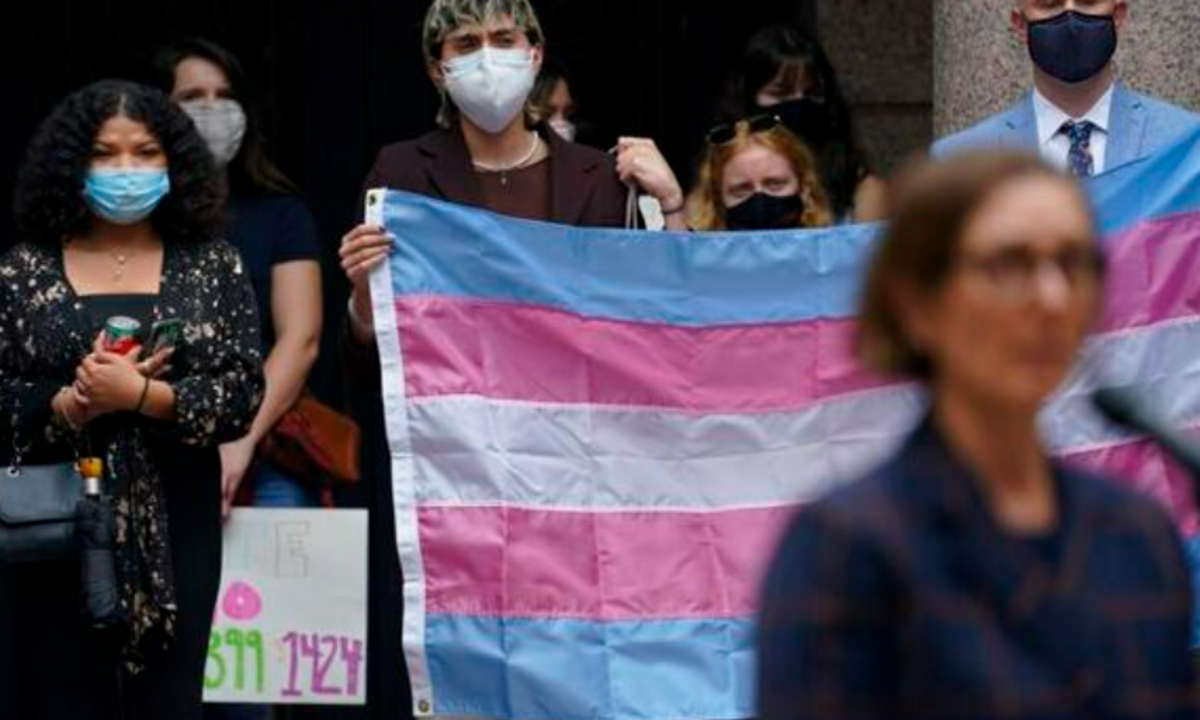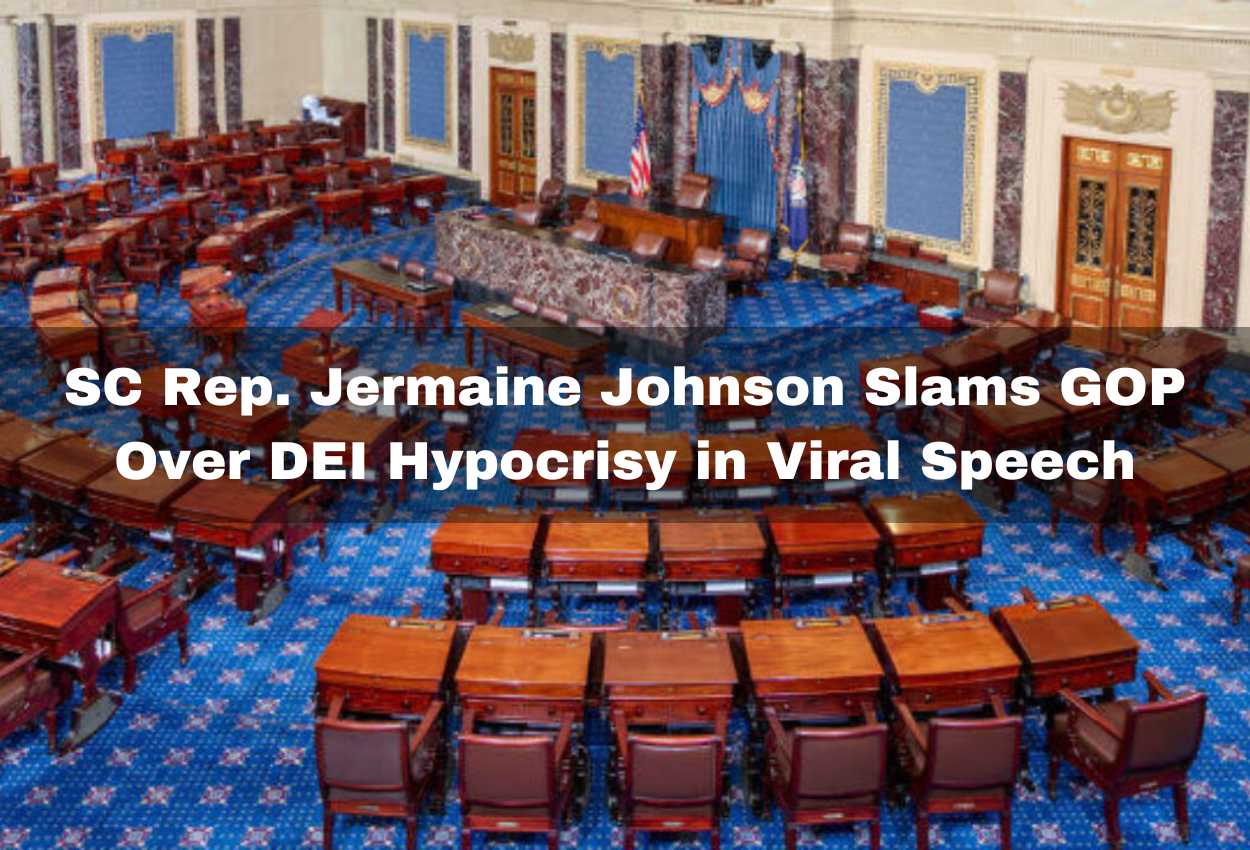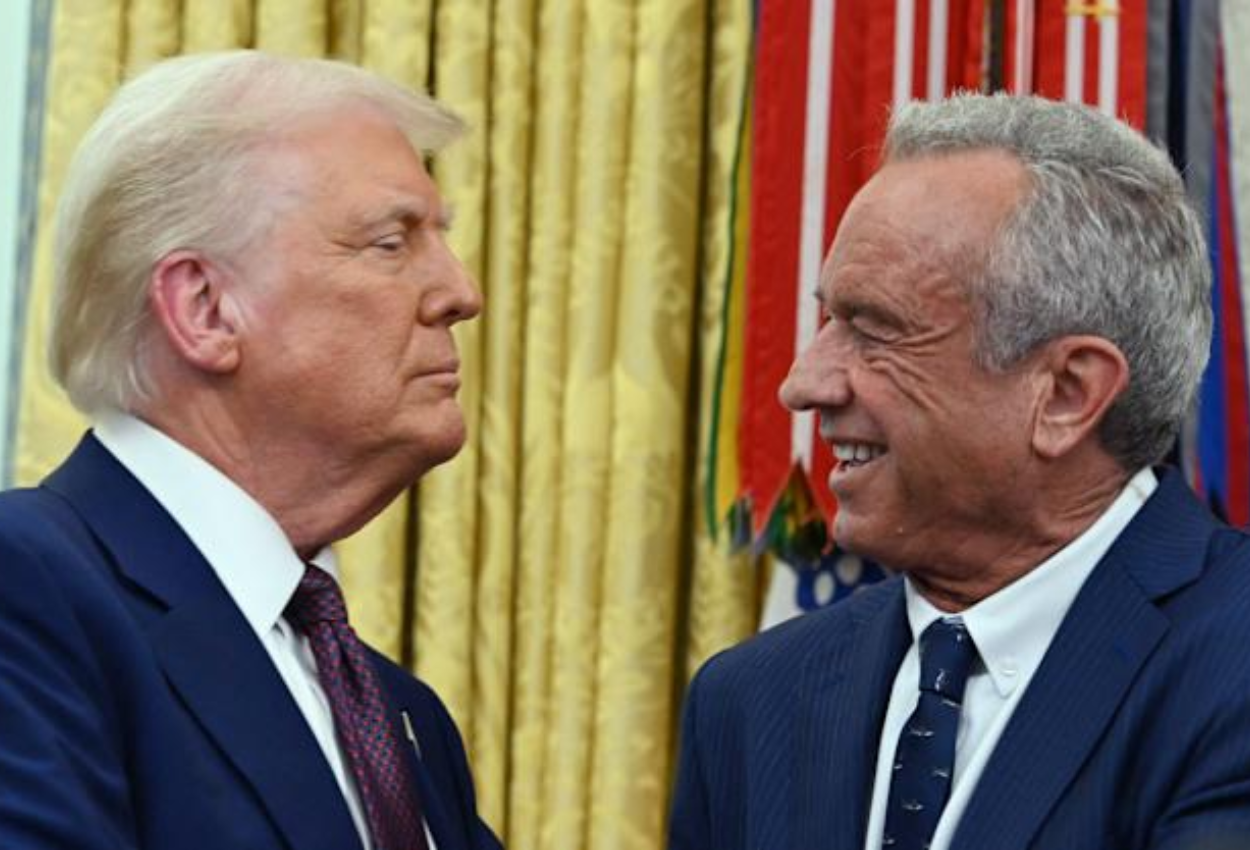In a significant move on Tuesday, former President Donald Trump signed an executive order that will drastically change access to gender-affirming care in the United States. The order cuts federal funding for gender-affirming treatments, including hormone therapies, puberty blockers, and surgeries, for individuals under the age of 19. This policy change goes a step further than Arizona’s existing state law, which already bans gender reassignment surgeries for minors under the age of 18.
Arizona has long had restrictions on gender-affirming care. The state’s Medicaid program, known as the Arizona Health Care Cost Containment System (AHCCCS), does not cover gender reassignment surgeries. However, Trump’s order could have a far-reaching impact beyond minors. It may affect adults who rely on AHCCCS to cover services like hormone therapy, counseling for gender dysphoria, and other gender-affirming treatments.
The Impact on Arizona’s Transgender Community
Eli Rahamim, a University of Arizona graduate and a transgender man, shared his experience of accessing gender-affirming care in Arizona. He explained the emotional toll of delays in getting necessary treatments. Rahamim, who began hormone replacement therapy at the age of 14, wanted to undergo “top surgery” to remove breast tissue before starting college. However, he had to wait until he was 18, as Arizona law required patients to be at least 18 for such surgeries.
For Rahamim, the decision to pursue hormone therapy was about more than physical changes; it was essential for his mental health. He explained, “There is a biological cause that makes your brain feel a certain way, and the treatment is hormones—it’s gender-affirming care. It basically cured my depression.”
Rahamim acknowledged that while gender reassignment surgeries for minors are rare, they are crucial for those who need them. “They are the people who desperately need it—those who are severely affected and need that surgery at that age,” Rahamim added.
Concerns About Low-Income Transgender Youth
The executive order also raises concerns about the accessibility of gender-affirming care for marginalized communities. Andres B., a transgender man, expressed his worry that the policy will disproportionately affect low-income transgender youth who depend on programs like Medicaid to cover medical expenses. “It’s going to be affecting people who are using Medicare or other programs such as those, so it would be affecting youth from more marginalized communities,” Andres explained.
Adrien A., another transgender individual, emphasized the difficulty of accessing care as a minor in Arizona. “I had to go through a very long waiting period in order to get the help I needed,” Adrien said. “It was a very tough time, and it took a toll on my mental health.”
Adrien shared that although he was eventually able to access the care he needed as an adult, he still struggles with the emotional damage caused by years of delays. “Those are years I wish I could go back to and reclaim, but I can’t now,” Adrien said. “I’m thankful I can get the healthcare I need now, but the waiting period was incredibly painful.”
What the Executive Order Means for the Future of Transgender Care
The executive order from Trump directs the Secretary of the Department of Health and Human Services to take action to end what the order calls the “chemical and surgical mutilation of children.” The policy also mandates a review of insurance coverage, ensuring that programs like Medicare, Medicaid, and the Affordable Care Act do not fund gender-affirming treatments for anyone under the age of 19.
The executive order has sparked widespread debate. Supporters argue that it will protect children from undergoing irreversible procedures, while critics believe it will harm vulnerable transgender youth, denying them essential care.
For Rahamim, the executive order feels like a setback. “Restricting that for a year causes an extra year of distress, another year of anxiety,” he said. “Another year of trying to hide myself, or being worried about what people are going to think about me or say about me.” For many in the transgender community, this executive order represents a significant challenge to their access to life-saving care.
Conclusion
Trump’s executive order restricting federal funding for gender-affirming care is a controversial move that will affect transgender youth and adults, especially in Arizona. While some see it as a necessary step to protect minors, others argue it will cause more harm, particularly to those from low-income backgrounds who rely on government assistance. As the debate continues, it’s clear that access to gender-affirming care remains a critical issue for many individuals, particularly in states with restrictive laws like Arizona.
Disclaimer—Our team has checked this article to ensure its accuracy and eliminate any misinformation. We are committed to providing clear and reliable information for our readers.




